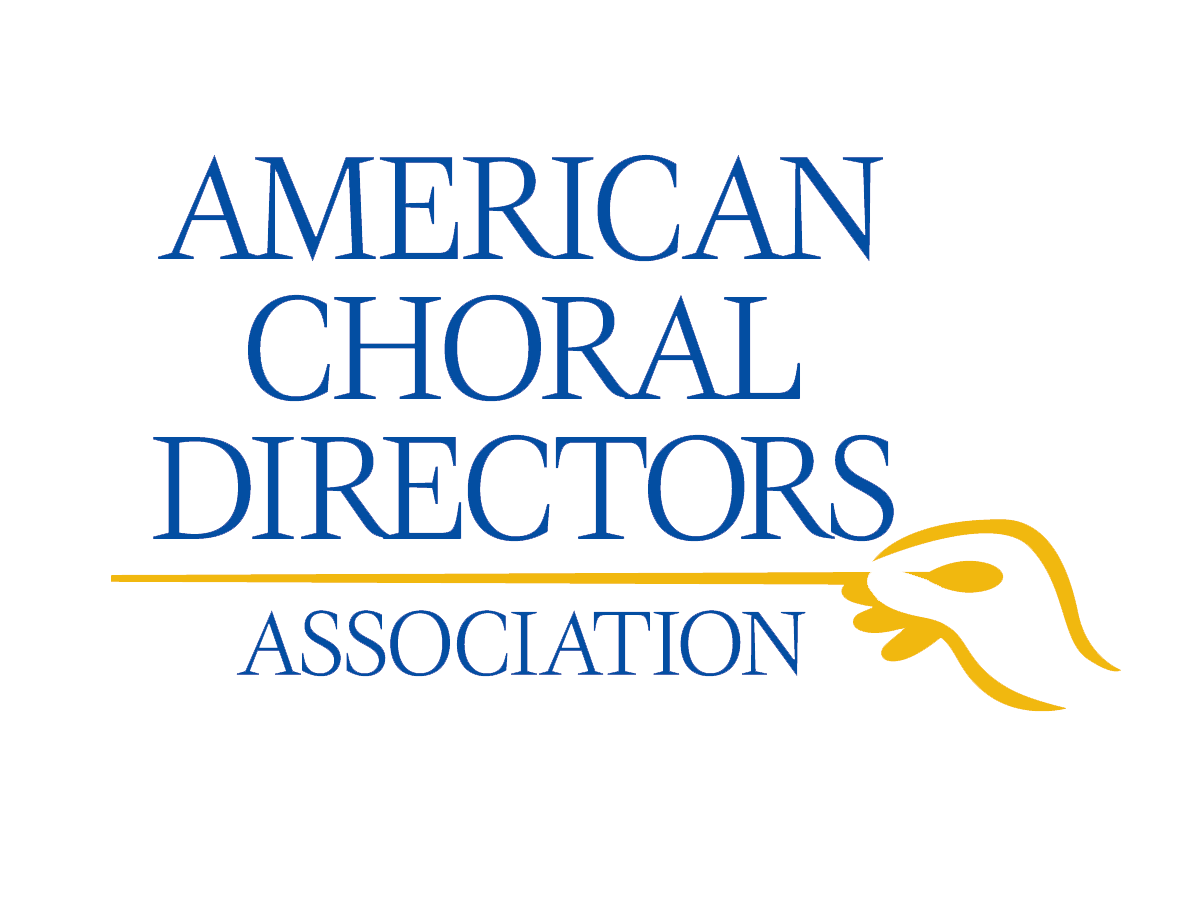Expression is a critical component of musical experiences for many educators and students and some studies show that the most common goal of a musical experience is to influence emotion (Juslin & Västfjäll, 2008). However, the role of emotion in musical expression, and effective approaches for developing musical expression, remain unclear (Brenner & Strand, 2013; Juslin & Laukka, 2003; Meissner, 2021; Pavlou, 2013; Reimer, 2009; Woody, 2000). Unique considerations for singers, including facial expressions, vocal timbre, and lyrics, make choral settings rich environments for exploring how conductors and singers work toward an expressive ensemble performance. This study explored how American high school choral directors and singers conceptualized and practiced musical expression. Data were generated through rehearsal observations, video-stimulated recall interviews (SRI), and semi-structured interviews with conductors and student focus groups. A shared conceptualization of musical expression was constructed through data analysis which served as a working definition for the study. Specific approaches for facilitating musical expression are discussed in the following categories: (a) orienting ensembles toward musical expression, (b) approaches for facilitating musical expression that honor the individuality of singers, and (c) approaches toward a unified ensemble musical expression. Implications for choral directors who wish to facilitate musical expression with singers are described.
You are here: Home / IJRCS / Facilitating Musical Expression in School Choirs: Honoring Individuality, Seeking Unity


